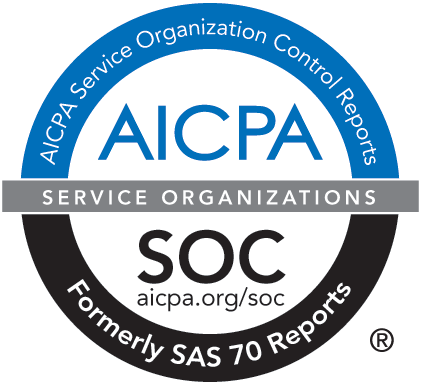REAL PROPERTY: REAL PHILANTHROPY PART 1
November 15, 2022 - The Texas real estate market is showing signs of cooling off, following home prices that soared by nearly 30% in the past two years. Inflation hitting a 40-year high and the corresponding rapid succession of interest rate hikes threw water on the red-hot market, though experts prefer to frame the falling real estate prices as “market normalization.”
However you describe it, recent real estate news has potential donors considering whether this is the ideal time to donate real property to maximize their charitable deduction while avoiding capital gains tax. Often, real property, whether it is a personal residence, family land, or a rental property, is the most appreciated asset you own. While it may seem more complicated, directly donating a property to a charity usually yields more favorable tax savings than selling the property and then donating the proceeds of the sale.
In this series, we discuss what you should consider before deciding to gift real estate to charity. First, we evaluate gift instruments, tackling the implications of how you make the charitable gift.
The type of charitable gift vehicle you use to make your donation can impact your tax bill and determine when and how much the property will benefit a charitable organization. Which gift vehicle is right for you?
-
OUTRIGHT GIFTS:
An outright gift of property means that you irrevocably convey the property to a person or an organization. When you donate appreciated real property to a qualified charitable organization, neither you nor the charity is usually taxed on the gain. For income tax purposes, you can deduct the full fair market value of the long-term gain property, usually up to 30% of your adjusted gross income. If your charitable deduction exceeds this amount, you can carry the excess deduction forward for an additional five years.
If your property has lost value during the time you held it, selling the property to yield a deductible loss and then donating the proceeds to a charitable organization would usually be the better strategy. -
DONOR-ADVISED FUNDS:
A Donor-Advised Fund (DAF) is a charitable account offered through a sponsoring organization, like HighGround Advisors. When you donate property to a DAF, you receive an immediate income tax charitable deduction, but you are not obligated to immediately direct the funds to a particular charity. The sponsoring organization manages your DAF, including investing DAF assets to attain tax-free growth. You may recommend grants from the DAF to a qualified charity at any time.
Similar to an outright gift, when you donate real estate to a DAF, you receive an income tax deduction of the fair market value of the property, up to 30% of your adjusted gross income. Alternatively, for a property with little gain, you can choose to subtract the long-term gain, deducting the basis value of the property up to 50% of your adjusted gross income. -
DEFERRED GIVING:
You can use a deferred giving vehicle such as a Charitable Remainder Trust (CRT), which may be either a Charitable Remainder Annuity Trust (CRAT) or a Charitable Remainder Unitrust (CRUT). Using these gift instruments, you or the beneficiaries of your choice receive annual payments for a set term, and the charity receives the remainder of the gift when the term ends. Typically, when a CRT is funded with real estate, a provision directs that the trustee pays the beneficiary only the net income earned by the trust until the trustee sells the real estate, preventing the obligation for full payment until liquid funds are available.
An annuity payment remains constant over the term, as it is a percentage of the fair market value of the property at the time of the donation. However, a unitrust payment changes over time, as it is recalculated based upon a fixed percentage of the value of the property each year. Payments to non-charitable beneficiaries can be for the life of the beneficiary or a term of up to 20 years.
Another deferred giving option is to donate your personal home or farm to a charity while retaining a life estate in the property. This means that you deed your home to a charity and receive a charitable deduction for the gift, but you continue living in and maintaining your home for the remainder of your life.
Gifting real estate in a deferred manner allows you a charitable income tax deduction equal to the present value of the charity's future interest in the real estate. The deduction relies on a complex calculation that accounts for the value of the contributed property, the Internal Revenue Code Section 7520 assumed rate of growth, the annuity or unitrust percentage paid to the non-charitable beneficiary, when applicable, and the term of the trust.
With this basic understanding as our foundation, next we’ll look at how different types of real estate can impact your charitable deduction.
Real Property: Real Philanthropy - Part 2
Real Property: Real Philanthropy - Part 3



